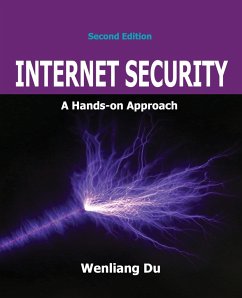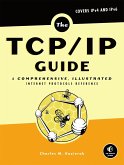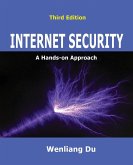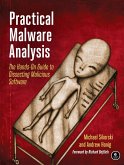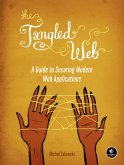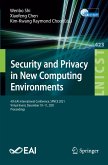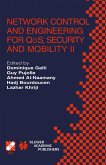This book is a part of another book titled "Computer & Internet Security: A Hands-on Approach, 2nd Edition" (687 pages). It is created to lower the cost on students, as many courses only need this part. It covers 16 of the 26 chapters. This book is based on the author's 18 years of teaching and research experience. It covers the fundamental principles in Internet security, including network security, web security, and cryptography. Its goal is to help readers understand how various attacks work, what their fundamental causes are, how to defend against them, and how various defense mechanisms work. The book can be used as a textbook for undergraduate and graduate courses. The author strongly believes in "learning by doing", so the book takes a hands-on approach. For each security principle, the book uses a series of hands-on activities to help explain the principle; readers can "touch", play with, and experiment with the principle, instead of just reading about it. For instance, if a security principle involves an attack, the book guides readers to actually launch the attack (in a contained environment). In some cases, if a principle involves a security mechanism, such as firewall or Virtual Private Network (VPN), the book guides readers to implement a mini-version of such a mechanism (e.g., mini-firewall or mini-VPN). Readers can learn better from such hands-on activities. The hands-on activities are based on the author's widely adopted SEED Labs, which have been used by over 1000 institutes in more than 65 countries.
Hinweis: Dieser Artikel kann nur an eine deutsche Lieferadresse ausgeliefert werden.
Hinweis: Dieser Artikel kann nur an eine deutsche Lieferadresse ausgeliefert werden.

